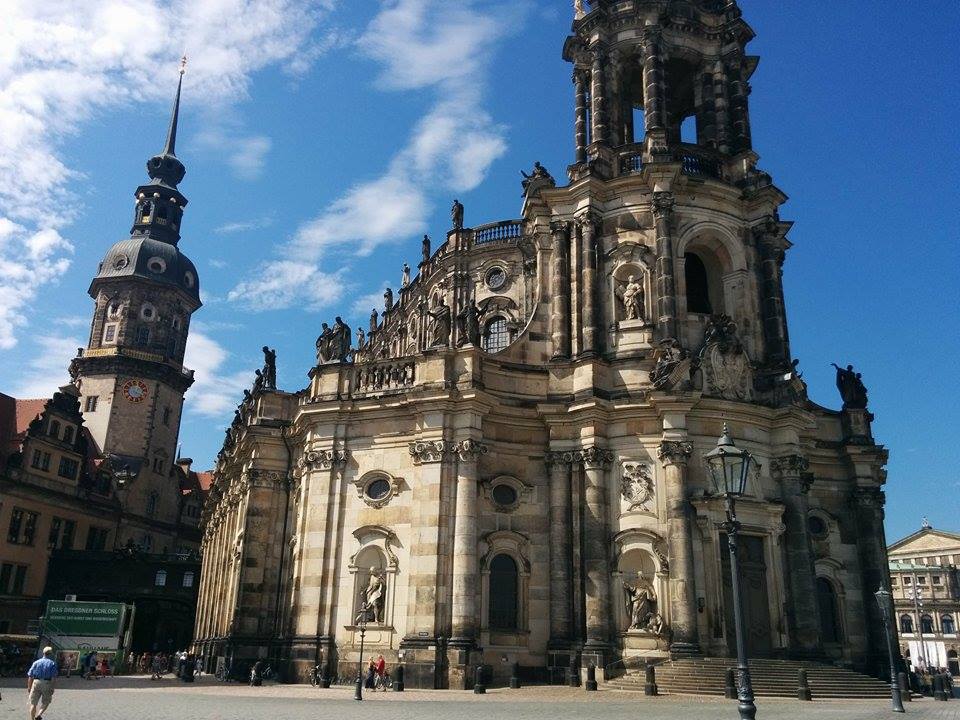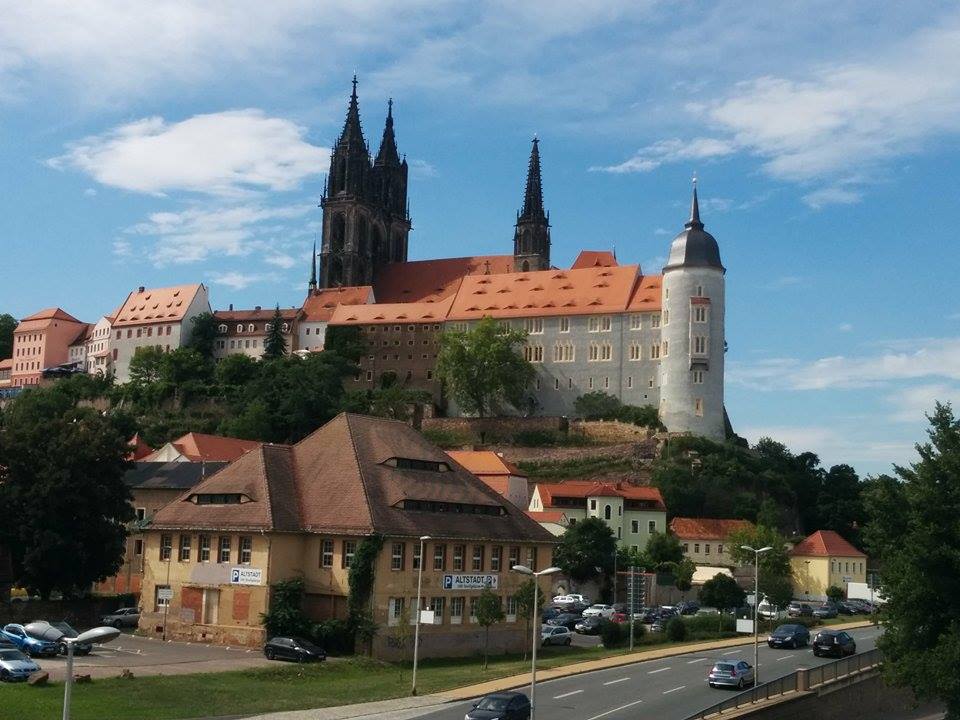Placement Information
Year you started your placement
2015
Placement period
May – August, September – December
Supervisor’s name
Martin Valldor
Project Details
Overview
I am working with the New Materials with Composite Anionic Lattices group under Martin Valldor at the Max Planck Institute for Chemical Physics of Solids in Dresden. Our goal is to synthesize new compounds with larger amounts of anions than cations using solid state methods. If successful, these anionic compounds may exhibit complex dimensionalities (such as layers, charge ordering, or tunnels) which can result in very interesting physical properties.
Project objectives
I have two main objectives during my time here at MPI: a “low risk” and “high risk” project. The low risk project involves producing and optimizing a synthetic route to make a pure powder of a previously characterized by our group but not yet academically known compound. This will be achieved in an air-sensitive environment and by reacting at very high temperatures. Once the pure powder has been synthesized a number of physical measurements can made such as magnetization, specific heat and resistivity to characterize the compound. Finally, a submission to an academic journal will be written. The high risk project involves attempting to synthesize either a powder or a single crystal of an entirely new compound. While these projects are much more exploratory than the low risk and often involve synthesizing already known compounds rather than new, the hunt is quite fun and exciting, and can sometimes give surprising results.
Research outcomes
Project status
Completed
Expected completion date
12/31/2015
ChristinaWong – 2015 – Presentation
My Co-op Experience at MPI
Why did you apply for a placement with Max Planck Institute?
As a student who had just finished a previous co-op term in the USA, I have become very interested in learning how science is done in different countries and what I can learn from people with different backgrounds than mine. MPI also offered me the opportunity to try a more fundamental and academic placement rather than an industrial placement like my previous job, so I was very interested to try something new to broaden my skill set. Plus, I knew that MPI was a very famous institute with a great reputation, and it was intriguing to know I would be working with the best of the best in their fields of research. And of course, moving to Germany for eight months would also give me the exciting opportunity to do some travelling in Europe and gain some cultural knowledge as well.
What recommendations do you have for students who wish to participate in MPI-UBC exchange program?
In terms of on the job I’d say work hard, be patient and take initiative. Sometimes it seems like none of your reactions are giving you the results you want – but don’t let that discourage you! Keep working at it and your efforts will be rewarded.
Also, try and learn some conversational German. I was lucky enough to have already been learning some German out of interest for 6 months before even knowing that I would be moving to Germany, and honestly that knowledge has really enhanced my experience. I find that people will really respect you for trying to speak German to them first before jumping right into asking them if they speak English, and be much more friendly and eager to help. But if you’re really stuck, most people under thirty will know some English, however the older generations typically won’t know any English at all.
Finally, get out and travel!!! And while of course you have to visit famous cities like Berlin, Prague, etc etc, don’t forget to visit some of the smaller towns and parks that are only a day trip away from the city you’re working in. I’ve found that some of these places have a very unique charm to them that you can’t find in the large bustling touristy cities. For example, the amazing rock formations I’ve seen while exploring the Sächsische Schweiz National Park are some of the coolest things I’ve seen in my entire time here – and they’re only a 40 minute train ride away from Dresden!
Tell us about your travels and cultural experiences in Germany and the rest of the Europe
Travelling around Germany and Europe on the weekends has been a truly amazing and enriching experience. MPI gives us thirteen vacation days, and I usually use 1 or 2 at a time to take multiple extended weekends. Of course, cities in Europe aren’t nearly as far away from each other as in Canada so some you can even take a trip on the weekend without missing any days of work! Some highlights have been hiking the Alps and going on a “Sound of Music” bike tour in Salzburg, taking a day trip to the famous Neuschwanstein castle during my trip to Munich, running around and exploring castle ruins along the Rhine river, nerding out at the Atomium, riding the wooden roller coaster at the world’s oldest functioning amusement park in Copenhagen, and so many other amazing experiences. Seeing all these beautiful cities and the areas around them has truly been the adventure of a lifetime, and really inspired me to travel more in the years to come and learn as much about the world as I can.





